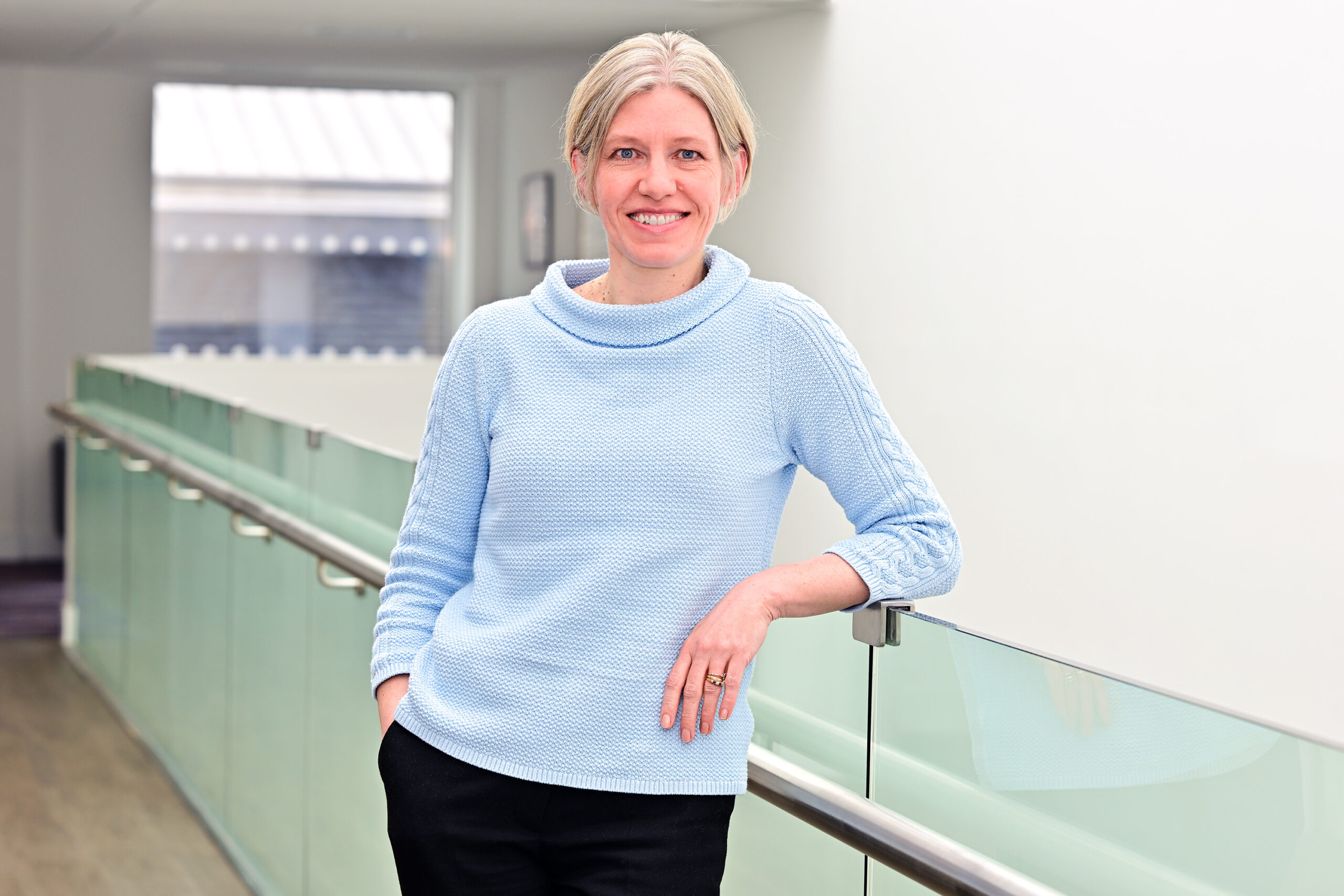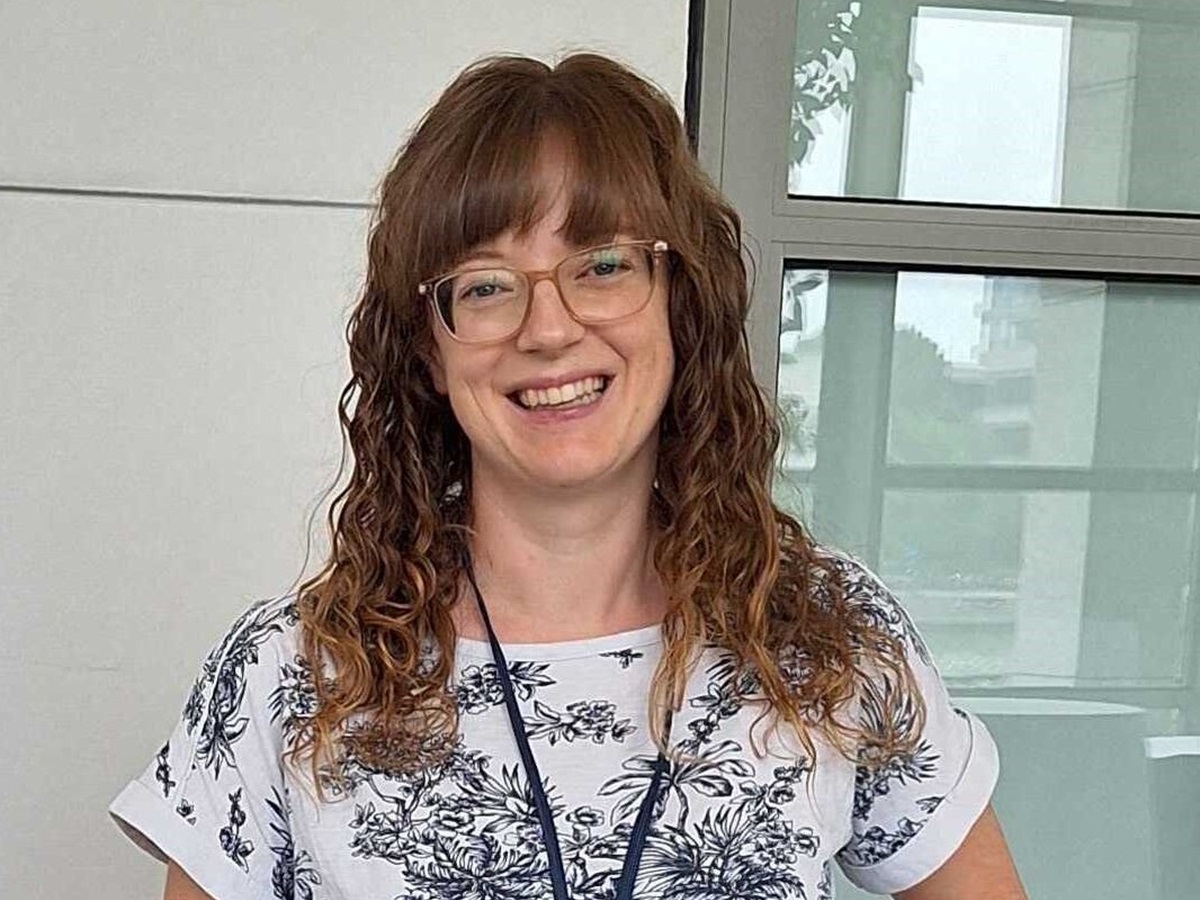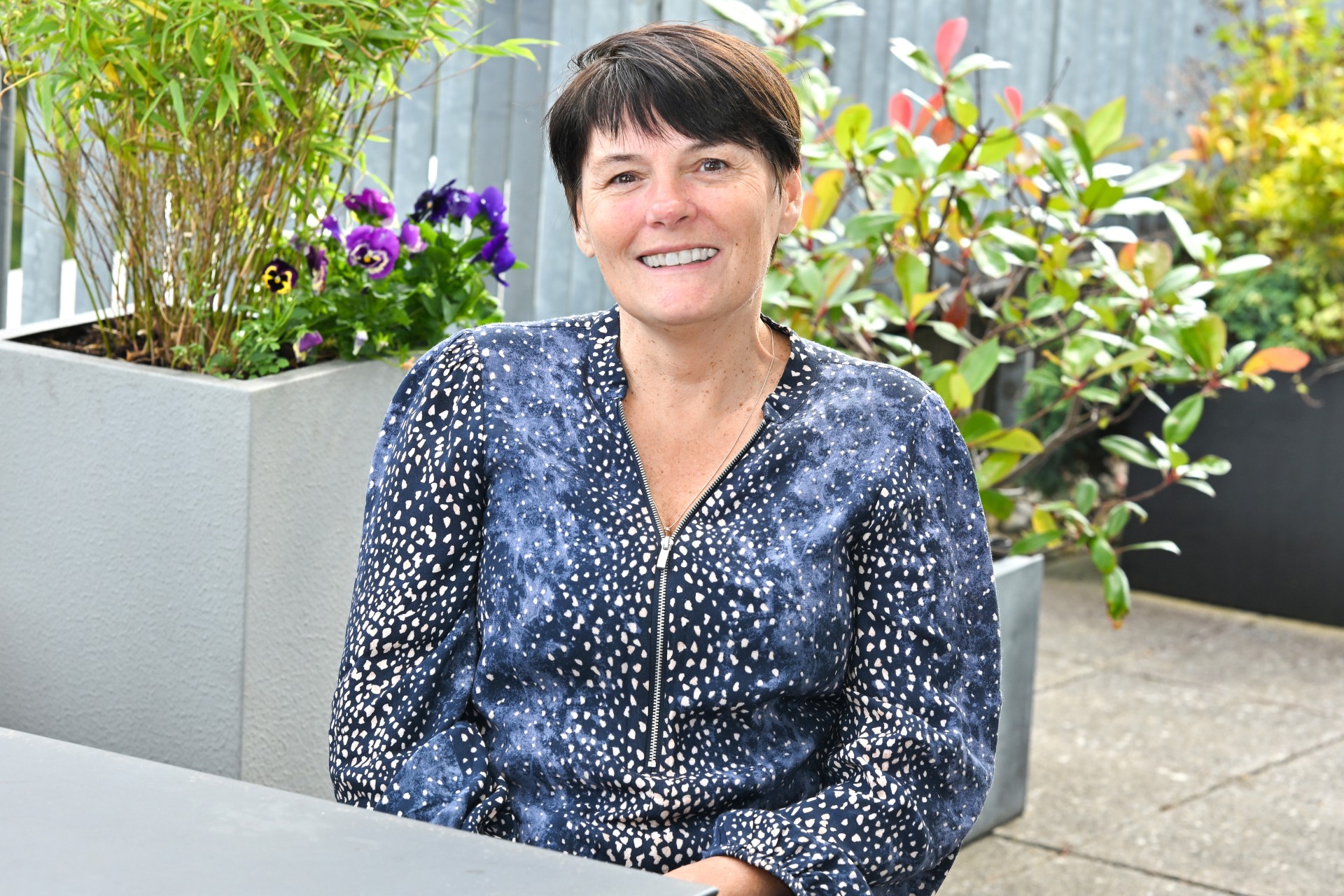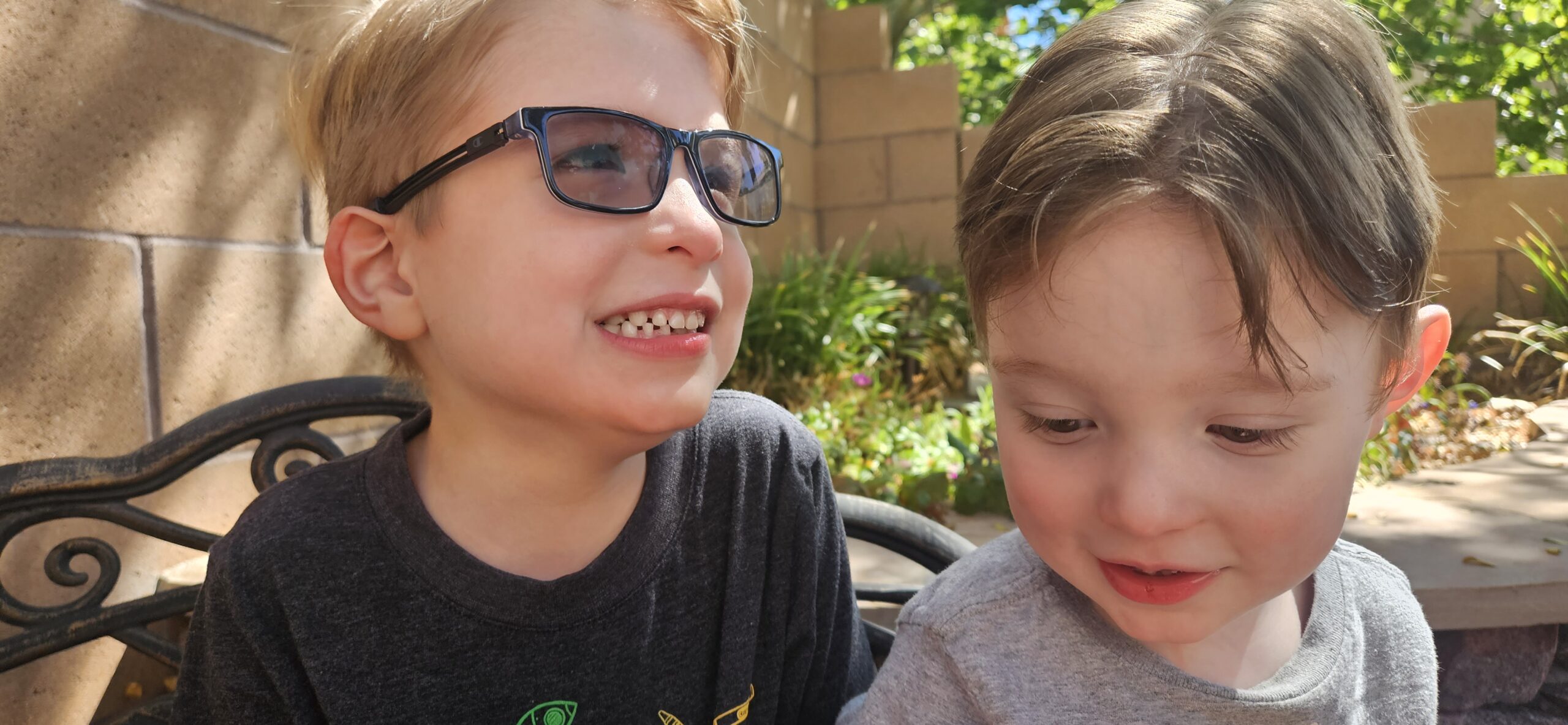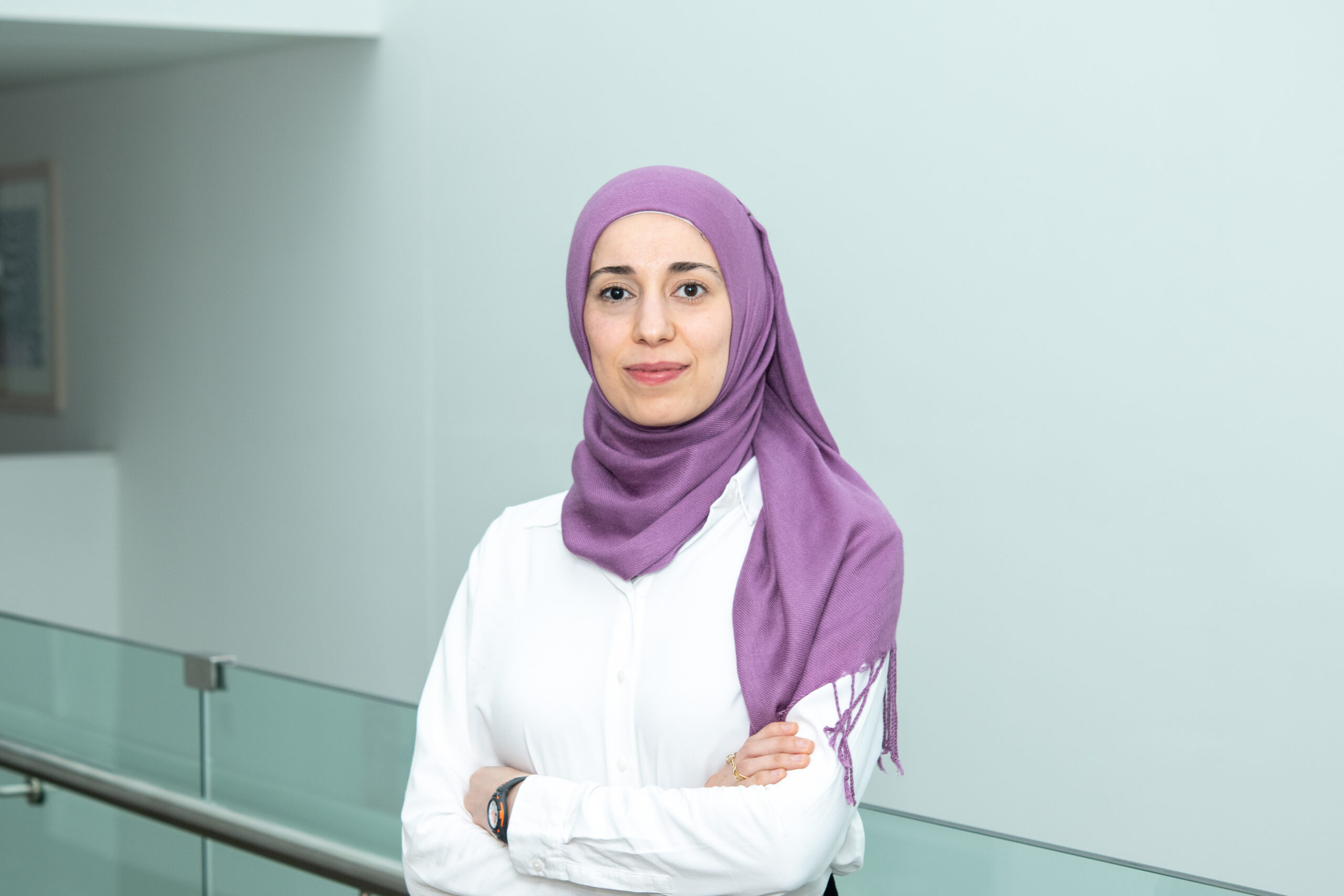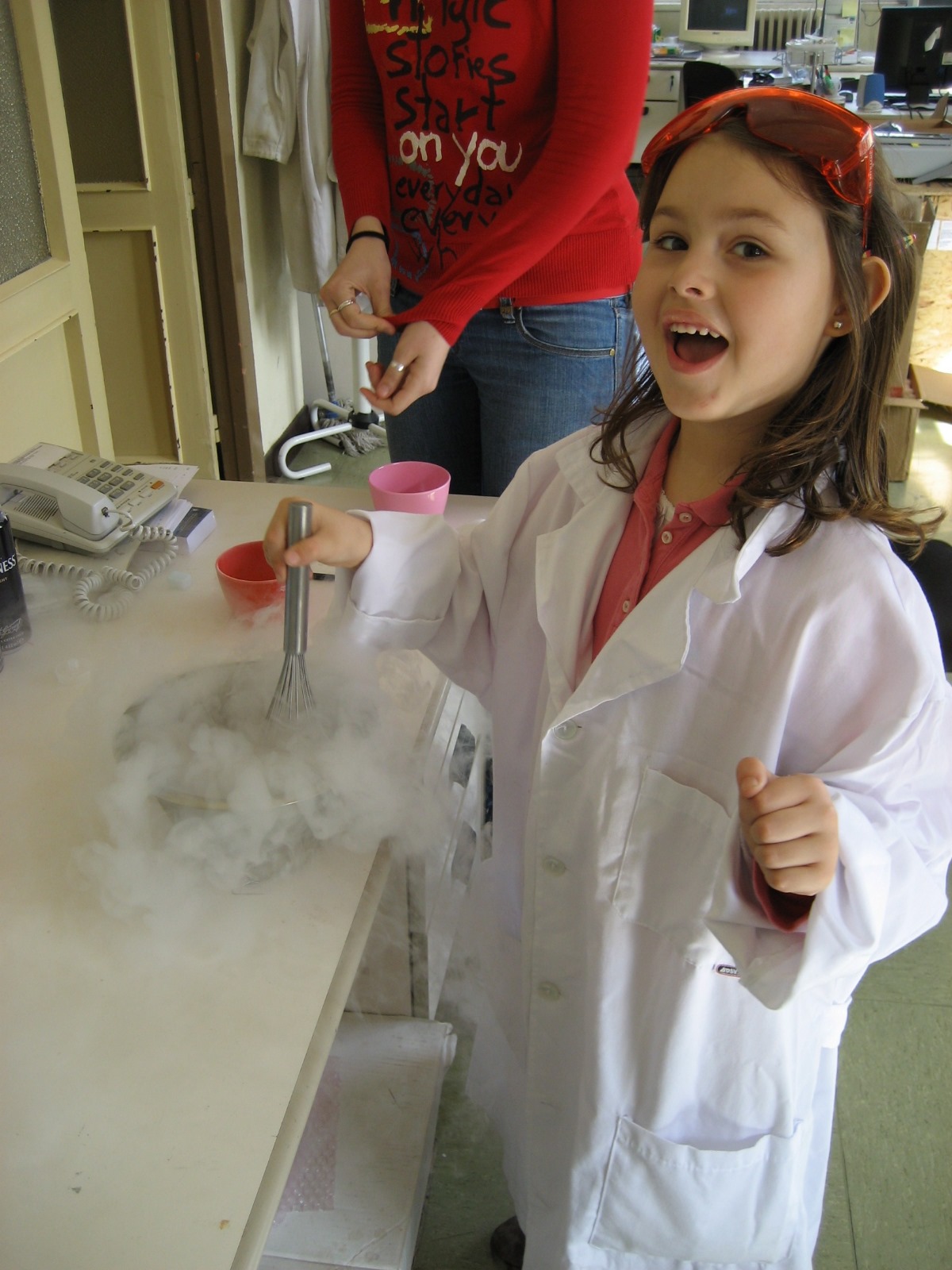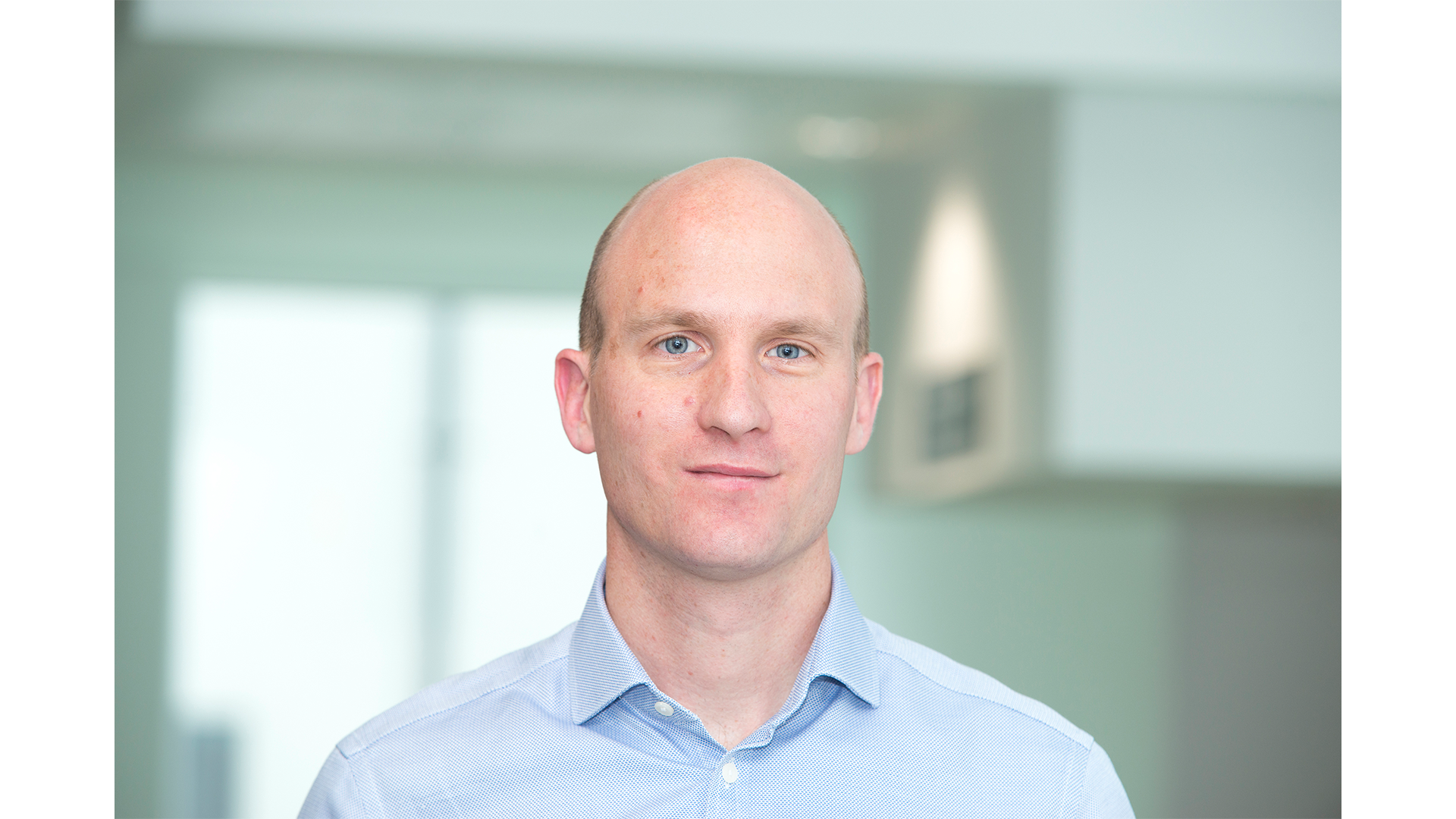Category: Our Scientists
By Sara Brown, Grant Chair of Dermatology and Section Head of Genetic and Experimental Medicine at the Institute of Genetics and Cancer Eczema is an itchy, inflammatory skin condition that can affect every aspect of a person’s life, health and wellbeing. But people living with eczema report feeling that their experiences are not well understood and […]
By Emma Hall, Research Fellow at IGC How we communicate our science is rapidly evolving. With the recent launch of openRxiv, a new non-profit home for preprint servers bioRxiv and medRxiv, the IGC Research Culture Group is thrilled to host co-founder Richard Sever at the IGC on Friday 28 March at 11am. Marking the next chapter […]
By Professor Lesley Stark, Personal Chair of Nucleolar Signalling and Cancer Prevention at IGC Prevention is better than cure is certainly the case for cancer, and especially colorectal cancer. My journey into the prevention of colorectal cancer started in 1997 as a young postdoctoral scientist, under the wing of Malcolm Dunlop. The pathway I was […]
For International Women’s Day, IGC Bioinformatics Analysis Core Manager Dr Jing Su talks about her career and experience as a female leader. I come from China and was born and raised in Beijing, a city rich in history and heritage. Growing up in the capital, I was surrounded by centuries-old landmarks, with the Forbidden City […]
Image: Brothers Benjamin, seven, and Gabriel, three, both have ATR-X syndrome By Rebekah Tillotson, Chancellor’s Fellow at the Institute of Genetics and Cancer With Ben Harris and Jennifer Martinez-Harris, ATRX Research Alliance (a parent-led global group of families committed to accelerating research) ATR-X (Alpha-thalassemia X-linked intellectual disability) syndrome is a rare genetic disorder that affects […]
As a young girl growing up in the Palestinian city of Qalqilya in the West Bank, Roza Masalmeh always remembers wanting to do something related to science. “I loved science,” says Roza, a Postdoctoral Research Fellow at the Institute of Genetics and Cancer. “I wanted to be an inventor or discoverer. I was always doing […]
The Nicola Murray Centre for Ovarian Cancer Research brings together the laboratories of Professor Charlie Gourley (left), Professor Simon Herrington (centre) and Dr Robb Hollis (right) By Robb Hollis There are at least six different ‘types’ of ovarian cancer, each with their own unique behaviour, including differences in responsiveness to treatments. One of these types […]
When I was little, we had a fridge that could be easily opened by my two-year-old self. My mother used to always have an open can of tuna in the fridge to prevent me from roaming around and touching things. I used to think that she took advantage of my aversion for the smell of […]
Dr Waad AlBawardi is a postdoctoral researcher at the Institute of Genetics and Cancer investigating the role of nucleosome positioning in regulating chromatin structure and dynamics. She is mentoring a student at Holyrood RC High School in Edinburgh as part of a scheme run by the national social mobility charity Career Ready, which is supported […]
With applications being sought for the University of Edinburgh’s prestigious ECAT-i programme (Edinburgh Clinical Academic Track – inclusive) by 29 October, we spoke to former and current participants to find out more about how the posts have benefited them. Paul Brennan, Professor of Clinical and Experimental Neurosurgery at the University of Edinburgh and Honorary Consultant […]


